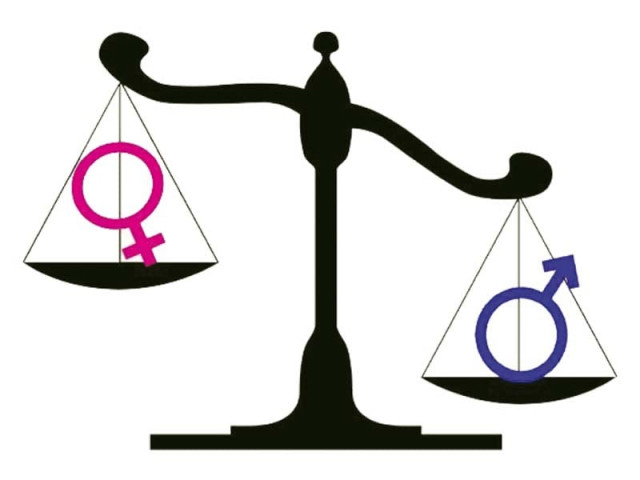Fraction of gender-based violence cases see convictions: survey
NCSW chairperson says good moves by govts, departments need to be replicated in all districts

This was stated by National Commission on the Status of Women (NCSW) Chairperson Khawar Mumtaz in a dialogue on gender-based violence prevention and response in rural communities of Pakistan. The dialogue had been organised by the CARE International in collaboration with Potohar Organisation for Development Advocacy (PODA) and NCSW.
Noting that tackling GBV was a priority of the commission, Mumtaz said that laws need to be implemented apart from mounting a collective effort from support institutions.
She added that the Punjab government has started addressing the issue by opening a one-window centre to prevent domestic violence and to enforce the Domestic Violence Act. But the centre is only working in one district and needs to be replicated in all districts of the province. Mumtaz further said that all institutions have to work proactively, especially the courts, in dealing with rape cases.
Referring a survey which the commission had conducted in the Islamabad and Lahore high courts on the progress of cases submitted under the Women Protection Act 2006, there were only four convictions in the 153 cases filed from 2006- 2015.
Moreover, she said that the ratio of honour killings was much higher in interior Sindh.
But she appreciated the remarkable step taken by Hyderabad police for establishing a women cell to register complaints and responding to them within 24 hours.
Moving beyond statistics, Mumtaz said that it was time to take practical steps to eradicate GBV by raising awareness amongst police and judiciary on implementing relevant laws.
“NCSW also is in the process of conducting a national survey to see how gender-based violence is the biggest hurdle in women economic and social development,” Mumtaz said. Saleem from SPO criticised societal norms, malpractices, the patriarchal system and approaches toward rural and urban women.
Khalida Saleemi, the director of SACH which works for the rights of women, stressed on finding ways and mechanism to implement the sexual harassment act for rural women. Ameena Ilahi, Assistant Country Director, CARE International stated that gender-based violence can be best addressed if it is investigated as a ‘structural ‘and ‘institutional’ issue.
Published in The Express Tribune, October 19th, 2017.



















COMMENTS
Comments are moderated and generally will be posted if they are on-topic and not abusive.
For more information, please see our Comments FAQ